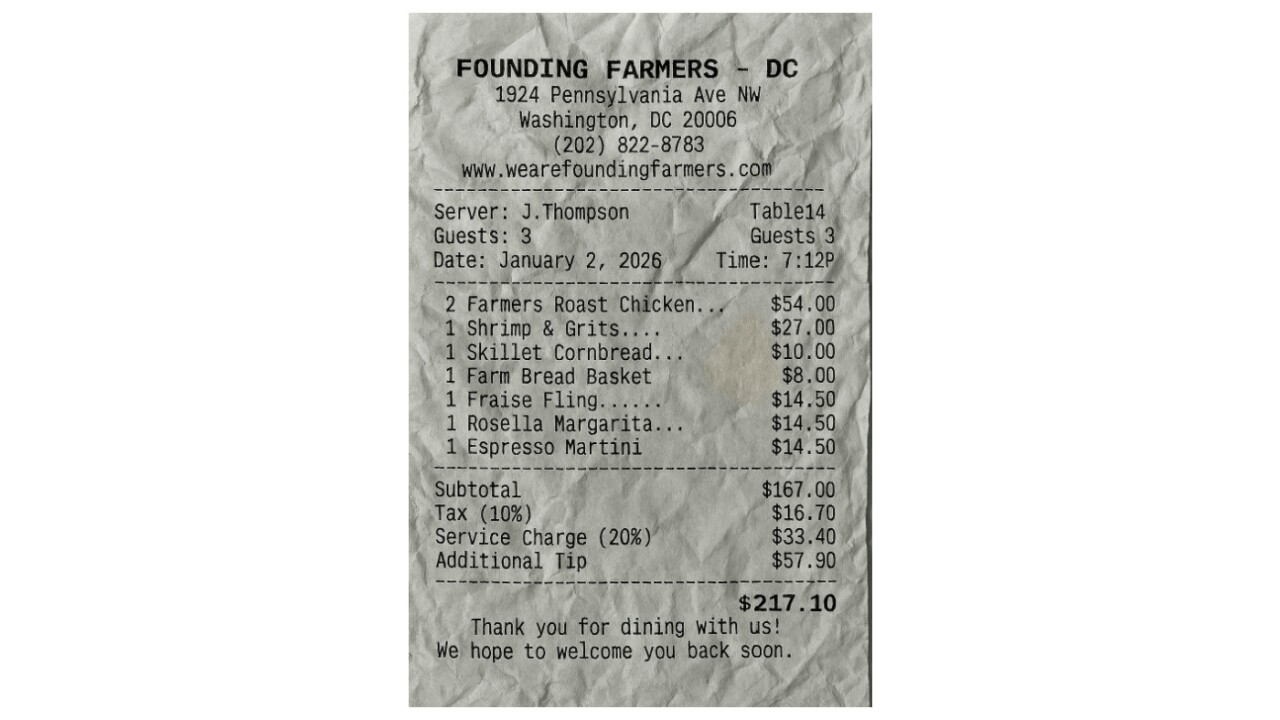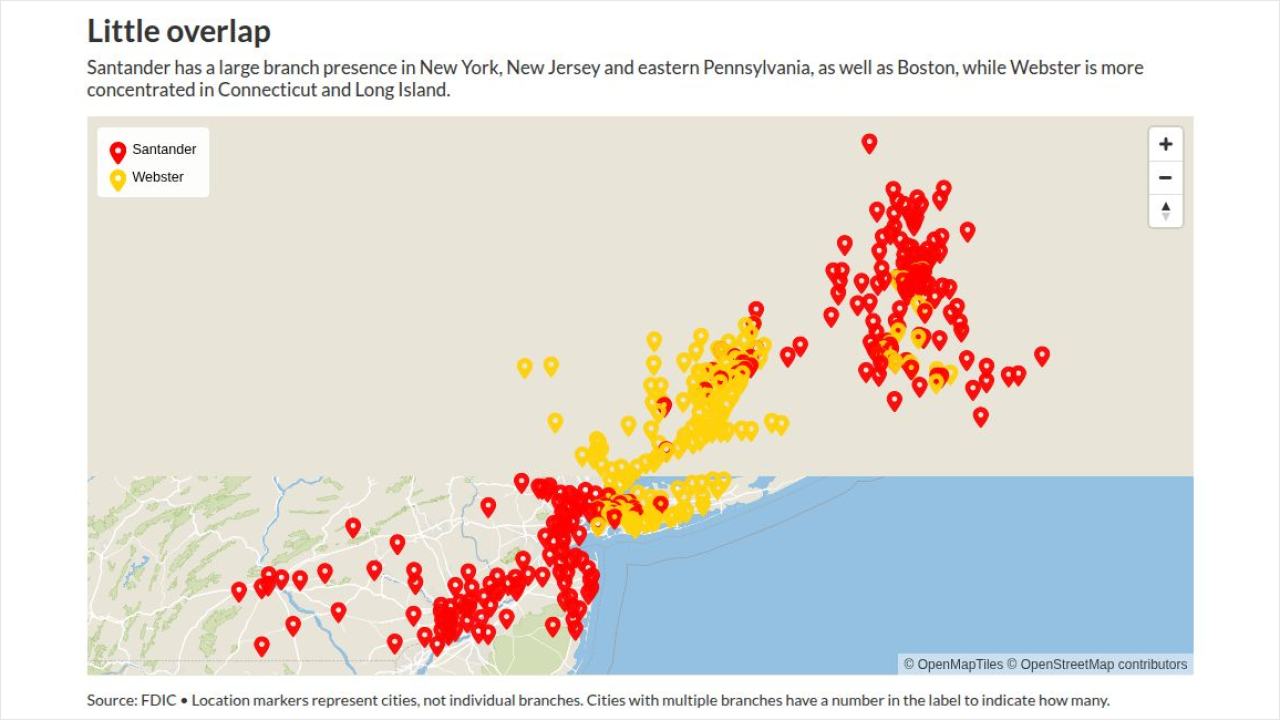-
It is time for the U.S. to take the lead in having the safest and soundest banks, rather than to strive toward the lowest common and detrimental denominator.
August 23 -
Basel's barely noticed, but important paper on how to measure banks' equity-investments-in-funds risk signals its strong concern with how banks are interconnected to shadow financial firms.
August 20 -
Until banks' RWA disclosures improve and become more uniform globally, capital ratios will remain a mystery to many journalists, investors, banks and even some supervisors.
July 23
Eighth in a nine-part
It would be a rare day that things end well for a bank if the words "money laundering" or "terrorism financing" appear next to its name in the media. Unfortunately, in the last three years, quite a number of
The Basel Committee on Banking Supervision's recently released guidelines, "Sound management of risks related to
Among many things, lax controls on money laundering and the financing of terrorism, are part of
The committee's recommendations are divided into two areas: essential elements of sound money laundering/terrorism financing risk management and importantly, guidelines for a group-wide view and in a cross-border context. Although some of these concepts are hardly new, it is important for regulators to be more forceful in insisting that banks improve money laundering/ terrorism financing risk management in the areas of assessment, understanding, management and mitigation of risks, customer acceptance policy, customer and beneficial owner identification, verification and risk profiling, ongoing monitoring, management of information and reporting of suspicious transactions and asset-freezing.
The guidelines for group-wide and cross-border context focus on a global process for managing customer risks, risk assessment and management, consolidated AML/CFT policies and procedures, group-wide information sharing and mixed financial groups.
These guidelines are another way in which the Basel Committee is asserting itself as the key setter of all things related to global banking regulation. The guidelines should be an important tool in encouraging banks to include the definition, identification and control of money laundering and terrorism financing risks within their overall risk management philosophy, policies and procedures.
Particularly since some banks have taken weak operational risk management to a new art form, these guidelines take on added significance. Weak operational risk management used to lead to reputational risk, something banks highly cared about. Yet these days with so many banks being sued right and left for just about every type of infraction, shame and concern for reputational risk are close to going the way of the extinct Dodo bird.
While I commend the Basel Committee for reminding banks that they should have strong AML/CFT policies and good governance in place, I know from working with numerous banks, that they often pay lip service to these types of recommendations. Bank regulators have to work more closely with domestic and cross-border secret service organizations and with ministries of justice globally to obtain better information and to get support to enact and enforce guidelines. The cross-border nature of much of these illegal activities makes it very difficult to enforce Basel's well-intentioned anti-money laundering and anti-terrorism financing recommendations unless legislators make it a priority to empower bank regulators and enforcement agencies with more resources.
Additionally, regulators must require that banks have serious technological infrastructure to comply with AML/CFT guidelines and laws. IT monitoring systems should cover all accounts of the bank's customers and transactions for the benefit of, or by order of, the customer. The systems must enable the bank to check business relationships with its customers against risks and abnormal situations, which may be associated with money-laundering or terrorism financing.
It is not overreach that the Basel Committee would want to help combat money laundering and terrorism financing, since minimizing both is essential in promoting the safety and soundness of banks. Yet, unless bank regulators, enforcement authorities, and legislatures in key countries work together to approve much more severe penalties, banks will continue to imperil depositors when they expose themselves unknowingly or on purpose to money laundering and financing of terrorism.
Next: Basel's consultative paper on balancing sensitivity and
Mayra Rodríguez Valladares is Managing Principal at





